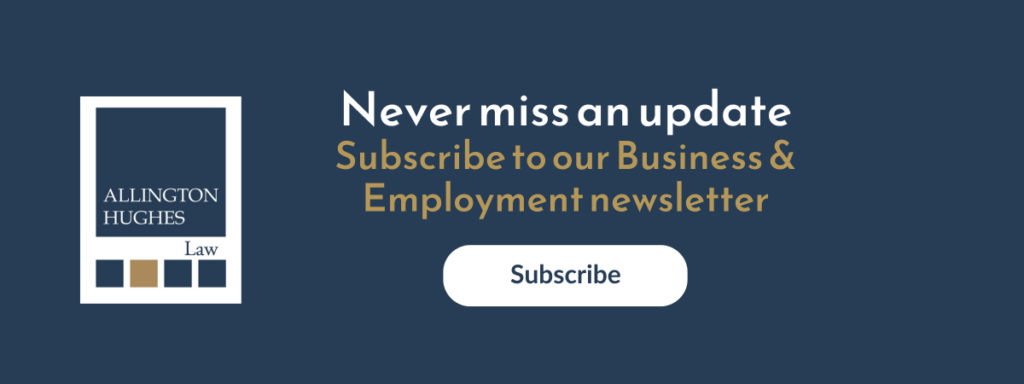Early Conflict Resolution
A Fairer Alternative to Grievance Procedures
Forget grievance processes: The case for fairness and early conflict resolution
For small businesses, managing employee issues effectively can feel like navigating a minefield. A formal disciplinary and grievance process is often viewed as the cornerstone of fairness and consistency in handling workplace concerns. While these processes are crucial for compliance and transparency, it may be time to rethink their use as the default approach to resolving conflicts.
Sometimes it can be hard to break away from what is thought to be the norm, but the traditional grievance process, while well-intentioned, can sometimes escalate tensions instead of resolving them.
For small businesses especially, this can create unnecessary divisions, impact productivity, and even lead to legal risks. For small businesses in particular, a modern approach to conflict resolution is essential and when implemented effectively can result in reduced costs and a better relationship with staff overall.
Why formal processes matter
Having a documented disciplinary and grievance process is essential for several reasons:
- Fairness and consistency: Employees need to know their concerns will be addressed fairly and impartially. A structured process ensures this.
- Legal compliance: Employment law requires businesses to have clear procedures in place to manage disputes and misconduct, reducing the risk of tribunal claims.
- Clarity in tricky situations: When emotions run high, a formal framework provides both employers and employees with clear next steps.
That said, relying solely on grievance processes as the first step in resolving issues can feel archaic and stiff and in fact may no longer be the most effective approach.
Why it’s time to move beyond the traditional grievance process
Grievance processes are often formal and adversarial, which can create more harm than good. They encourage employees to lodge complaints in writing, framing disputes in a way that may feel like an attack on the business or colleagues.
Meaning that ultimately this approach can:
- Escalate tensions between employees.
- Create a win/lose mentality, making it harder to repair relationships.
- Lead to a breakdown of trust within teams.
For small businesses, where teams are often tight-knit, the fallout can be especially damaging. Instead of using grievances as the first port of call, consider alternative frameworks that promote early resolution and collaboration.
A modern framework for resolution
Here’s how small businesses can address workplace conflicts in a way that maintains fairness and compliance but avoids the pitfalls of traditional grievance processes:
- Encourage open communication: Foster a culture where employees feel comfortable raising concerns informally with their manager or a neutral third party. Early conversations can prevent issues from escalating.
- Adopt mediation: Mediation offers a structured yet informal way to resolve disputes. By involving a trained mediator, businesses can help employees reach mutually agreeable solutions while preserving working relationships.
- Implement alternative resolution policies: Instead of relying on grievances, consider developing a resolution policy that prioritises informal approaches, such as facilitated discussions or peer review processes.
- Train your managers: Equip managers with the skills to handle conflicts sensitively and effectively. This reduces the need for formal processes and strengthens workplace relationships.
- Use grievances as a last resort: While grievances should always remain available for serious or unresolved issues, they should not be the first step. Position them as a final measure after other options have been explored.
Why this matters
For small businesses, the ability to resolve conflicts quickly and constructively can mean the difference between a thriving, harmonious workplace and a fractured team. Moving away from an over-reliance on grievances doesn’t mean abandoning fairness or compliance. Instead, it’s about adopting a more forward-thinking approach that prioritises early resolution and preserves relationships. In turn this improves your workplace culture and can even help your retention rates.
By balancing the need for formal processes with alternative frameworks, small businesses can not only meet their legal obligations but also foster a culture of trust and collaboration.
Does your business need help modernising its processes?
If you’re unsure how to adapt your disciplinary and grievance processes or want to explore mediation as an option, our team is here to help. We specialise in supporting small businesses with practical, compliant, and forward-thinking employment and business law solutions.
We can help you to create a workplace where issues are resolved quickly, fairly, and with minimal disruption.
Get in touch with our team today on E: [email protected]


